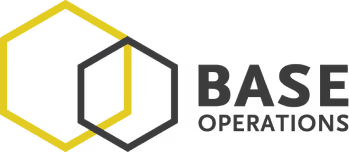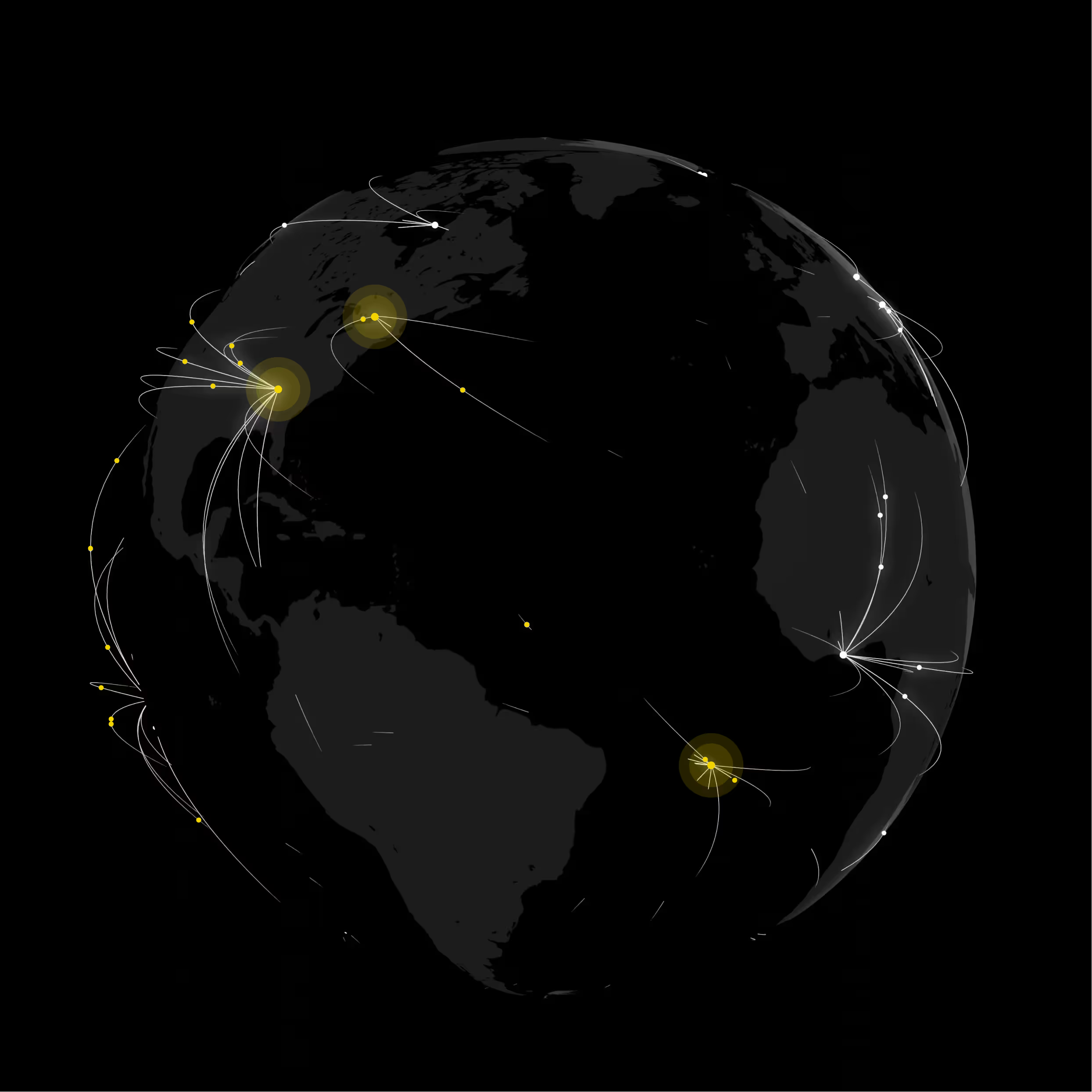
Get Street-Level Insights
Montreal, Canada's second-most populous city, has a complex relationship with crime and safety throughout its contemporary history. While the city is renowned for its vibrant culture and festivals, crime in Montreal does exist, as it does in any large urban area. The city has seen various protests over the years, often in response to political decisions or international events, but these are usually peaceful. Historically, the city has had occasional challenges with organized crime, but active policing and community efforts have mitigated these issues significantly in recent years. Today, Montreal is considered one of the safer large cities in North America, though, like all cities, it has areas that are safer than others.
Nicknamed "La Métropole" for being the economic and cultural hub of Quebec, Montreal is known for its diverse neighborhoods, each with its own identity and safety dynamic. The city has made considerable efforts to ensure safety in its bustling areas, maintaining a visible police presence, and investing in public security measures. Tourists are advised to stay informed about the areas they plan to visit, as some neighborhoods have higher crime rates or are more prone to petty crime, such as theft. Montreal is also known for hosting grand-scale events, such as the Montreal International Jazz Festival, which have their own tailored security protocols to ensure public safety.
In recent times, Montreal has experienced relatively low crime rates compared to other major cities. Violent crime is rare, but property crime, including bike theft and car break-ins, does occur. The city police (SPVM) work closely with community organizations to address issues related to crime in Montreal and increase the sense of security. Furthermore, Montreal has an extensive network of neighborhood police stations focused on community policing, preventative measures, and rapid response to incidents, which maintain the city's reputation as a relatively safe urban environment.
Local Security Tips
- Old Montreal: Stay aware of your surroundings, especially when enjoying the historic sights. Pickpocketing can happen in crowded areas.
- Mount Royal: Always hike or jog in groups, and stick to well-traveled paths and daylight hours to ensure safety.
- Montreal Museum of Fine Arts: Keep belongings close, as with all tourist-heavy areas, petty theft can occur.
- Jean-Talon Market: Watch out for your wallet or purse in bustling marketplaces, and keep an eye on any purchases or bags.
Local Regulations
Firearm Policy
Montreal follows strict Canadian firearm laws. Firearms must be registered, and owners require appropriate licensing. Unauthorized possession of a firearm can lead to significant legal repercussions.
Public Drinking Policy
Public drinking is not allowed in Montreal unless you are at a picnic in a park and have a meal with you. Failure to comply can result in fines.
Emergency Contact Lists
Department for Non-emergency Services
- Montreal Police (SPVM): 514-280-2222
Leading Hospitals
- McGill University Health Centre: 514-934-1934
- Centre Hospitalier de l'Université de Montréal (CHUM): 514-890-8000
- Montreal General Hospital: 514-934-1934
- Sainte-Justine Hospital: 514-345-4931

Make Data Driven Security Recommendations

Know the neighborhood
Boundary maps make it easy to see the varying risk profile of communities within a city.

Identify hotspots
Heat maps demonstrate specific areas where relevant activities are known to be concentrated.

Delve into the details
Drill down to the latitude longitude of individual events for maximum context informing security recommendations.












